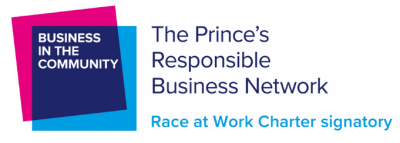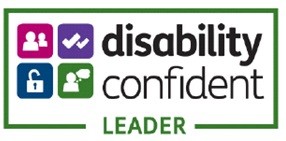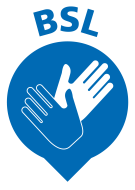Equality & Diversity annual reports
Equality Delivery System (EDS) Reports
- EDS 2025/2026 grading event – final report – word doc
- EDS 2025/2026 grading event template - PDF
- EDS 2024/2025 grading event – final report – word doc
- EDS 2024/2025 grading event template - PDF
- EDS2023/2024 grading event - final report
- EDS2023/2024 grading event template
- EDS2022 Grading Report
Equality, Diversity, and Inclusion Plan
Positive Action Project annual report
Pride reports
Mela reports
NEAS is committed to providing equal opportunity for all
We actively promote equality and social inclusion across the Trust to ensure our services and employment opportunities meet the needs of diverse communities.
We recognise our responsibility to provide equal opportunities, eliminate discrimination and foster good relations in our activities as an employer, service provider and partner.
We are a proudly inclusive employer, and our equality and diversity principles apply to all colleagues, job applicants, patients, carers, patients’ representatives, members of the public and partner organisations.
Our legal obligations
As a public sector organisation, we comply with our legal obligations as set out in the Equality Act 2010, which means we recognise the individual needs of people and the characteristics that are protected by law, which include:
- Age
- Disability
- Gender
- Gender identity/reassignment
- Sexual orientation
- Marriage and civil partnership
- Pregnancy and maternity
- Ethnicity and race
- Religion, faith or belief.
We stand firmly against discrimination and inappropriate behaviour in all forms, including racism, ageism, sexism, homophobia, transphobia and ableism.
Read our Equality, Diversity and Inclusion Plan 2023 – 2027
This plan sets out our commitment to ensuring that equality, diversity and inclusion is at the heart of our organisation, and outlines how we will meet the needs of local people and our workforce.
Our 2023-2027 equality objectives are to:
- Engage with people from diverse communities and use the feedback to make improvements.
- Improve the accessibility of services and information for patients with diverse needs.
- Develop an inclusive culture where health and wellbeing needs are met and people feel valued, supported and safe.
- Expand our diverse and representative workforce.
- Advance our corporate commitment to equality, diversity and inclusion and inclusive leadership.
Equality Frameworks and improvement tools
To support our work on diversity and inclusion we use the NHS Equality Delivery System framework to check and measure our progress and also assess ourselves against a number of external assessments. These include:

Business in the Community and Race at Work charter – We are committed to this charter, which aims to improve equality of opportunity in the workplace of people from ethnic minority backgrounds and to better understand their needs.

Disability Confident Scheme – In 2022 we were assessed a ‘leader’ organisation in the Disability Confident Scheme for the second time. We use this scheme to ensure disabled employees and applicants receive a fair and equitable experience that considers their needs when applying for jobs and when working in our organisation. We are committed to ensuring we are flexible, offer reasonable adjustments and considers people’s needs in the workplace while balancing this with service demands and needs.

Employers network for Equality and Inclusion (ENEI) – We are currently rated as a ‘gold’ employer, one of only 13 organisations nationally to achieve this status following an external assessment. We use ENEI’s annual framework and assessment to benchmark our work on diversity , equity and inclusion across all protected characteristics groups against other organisation and continue to learn, grow and develop.
The Equality Delivery System (EDS)

This is a framework to help NHS organisations review and assess their performance on equality, diversity and inclusion. This helps organisation is to make sure there are better outcomes for patients and communities; better working environments for staff and helps ensure they comply with legal and statutory requirements. At the heart of the EDS is a set of 11 outcomes grouped into three domains, commissioned or provided services; workforce health and well-being; and Inclusive leadership. An assessment should be undertaken annually.

